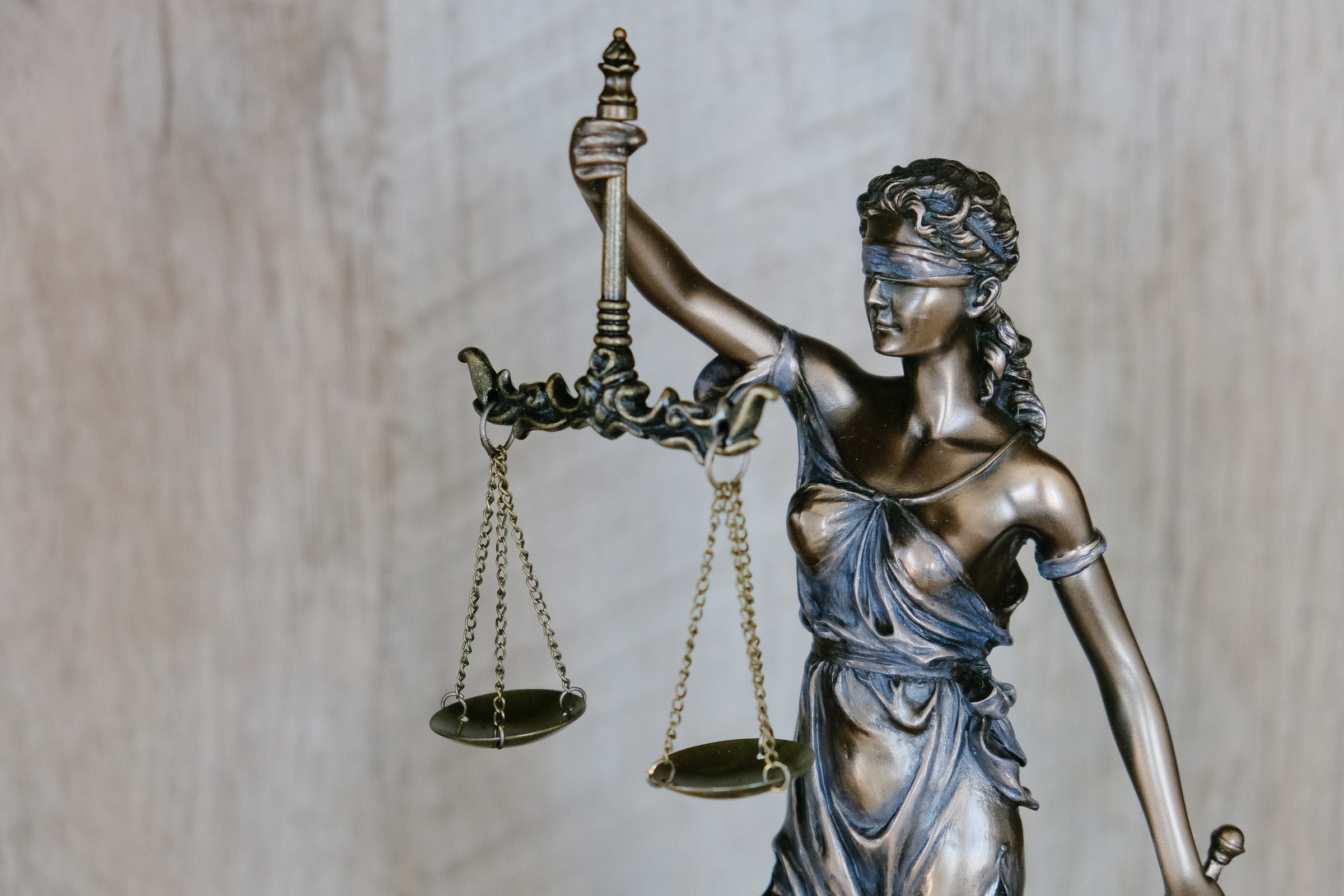Civil liberties provide protections against government movement. They are liberties and rights granted by a nation’s legal system to its citizens and inhabitants. On the other hand, civil rights mean appropriate government acts that must be taken to ensure equal freedom for all people. It makes sure that all people, regardless of ethnicity, age, religion, or other traits, have equal social chances and legal protection. Several foundations help people protect their civil liberties and rights to facilitate individual freedoms. In addition, these foundations show their support to people standing up for civil liberties and freedom via grants and yearly awards.

Are Civil Liberties And Rights Different?
Liberties are essentially fundamental rights that shield people from governmental meddling. For instance, the US Constitution guarantees these rights and freedoms, notably with the Bill of Rights. The right to liberty, the right to life, and the administration of justice are among them.
Legal protections assuring everyone’s equality before the law are known as civil rights. Some of these are the freedom to vote, equal accommodation chances, equal treatment under the law, etc. The liberties of residents in their nation are a priority for those who practice civil rights law.
Foundations believe that defending civil rights and liberties to stimulate individual freedoms will be highly effective when supported by a community. These associations also make efforts to support First Amendment rights. For example, some foundations have defended First Amendment rights past 50 years.
What Are Civil Liberties And Their Significance
Civil liberties are among the numerous liberations safeguarded by the Bill of Rights, which shields citizens from governmental power. These liberties include the freedom of speech, right to privacy, freedom of movement, right to remain silent, freedom of assembly, etc. Most democratic nations safeguard them, and even some authoritarian nations’ constitutions occasionally guarantee them.
Individuals’ civil liberties safeguard them against repressive or illegitimate government action. They guarantee that all citizens are treated equally and with respect and are a crucial component of democracy. These privileges help guard against the government taking somebody’s life or freedom at will and assure that everybody has the right to equal treatment under the law.
Here are some of the essential liberties around the world given to the citizens of the respective countries.
- Freedom of Speech
The freedom to strive for, obtain, and disseminate information and concepts is known as freedom of speech. However, the government can outlaw hate speech and violent incitement.
- Freedom of religion
The notion of freedom of religion upholds the right of a person or group to freely express their religion or belief through instruction, practice, prayer, and compliance.
- Right to privacy
The right to privacy is a feature of many legal systems that aims to regulate public and private actions that jeopardize people’s privacy. More than 150 countries’ constitutions protect the right to privacy.
- Freedom of assembly
The right to assemble in peace for whatever reason is the right to freedom of assembly. However, if a crowd starts to fight or any violence arises, the police will intervene.
What Are Civil Rights And Their Significance
An extensive and essential set of privileges known as civil rights is intended to shield people against discrimination. People have the right to get equal treatment in many aspects. They prevent people from being discriminated against because of race, religion, age, ethnicity, language, gender, sexual orientation, disability, genetic identification, etc.
Civil rights protect all people, so they are relatively crucial. They ensure that everyone is safeguarded from prejudice and that people can pursue happiness. So, governments have a considerable duty to uphold and defend civil liberties.
Bottom Line
No matter your country, race, language, or any aspect, all persons are entitled to some essential freedoms known as civil rights and liberties. While civil rights lawfully protect people from discrimination, civil liberties shield people from governmental intrusion.

Leave a Reply